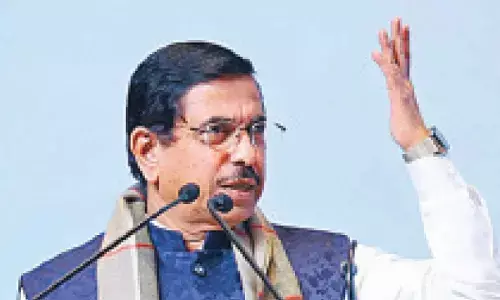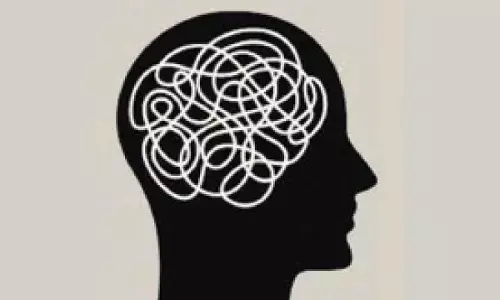How India can help environment?

In the age of globalisation India\'s ethos of harmony with nature can help find solutions for a world struggling to balance the needs of development and the environment, Amit Narang, a counsellor at the Indian Mission said Monday.
United Nations:In the age of globalisation India's ethos of harmony with nature can help find solutions for a world struggling to balance the needs of development and the environment, Amit Narang, a counsellor at the Indian Mission said Monday.

"The Indian ethos of harmony with nature, of treating nature's bounties as sacred, of seeking a dialogue with nature rather than seeking to dominate it, has special relevance in today's day and age," he told a UN General Assembly (UNGA) committee that deals with economic and financial matters during a discussion on globalization and interdependence.
Narang referred to Prime Minister Narendra Modi's address to the UNGA last month extolling yoga's relevance for the globalized world, in particular for the environment. "The holistic approach to life that yoga fosters could contribute not only to an improvement in quality of life but also greater harmony between people and between man and nature," Narang said.
He asserted that the nation's wisdom of millennia emphasised a "culture of frugality, of doing more with less, of taking only as much as required from nature and of no wastage." It was "particularly relevant for today's world struggling to manage global commons and achieve sustainable development," he said.
Globalisation required a free flow ideas and embracing the good ones from all over, he said, adding that India "as a millennia old civilization and with its multi-ethnic, multi-religious, multi-cultural and multi-lingual social ethos and a pluralistic, democratic polity, has a lot to contribute to enrich the global discourse of ideas."
On other issues impacting globalisation, Narang called for liberalising movement of temporary workers across nations, he said. "Such liberalization would permit mutually beneficial solutions, matching the demand for specialists in developed countries with the availability of such talent in developing countries."
At the same time, he said international coordination was needed to tackle "irregular migration" which had "serious security implications" and also had led to people trafficking.















